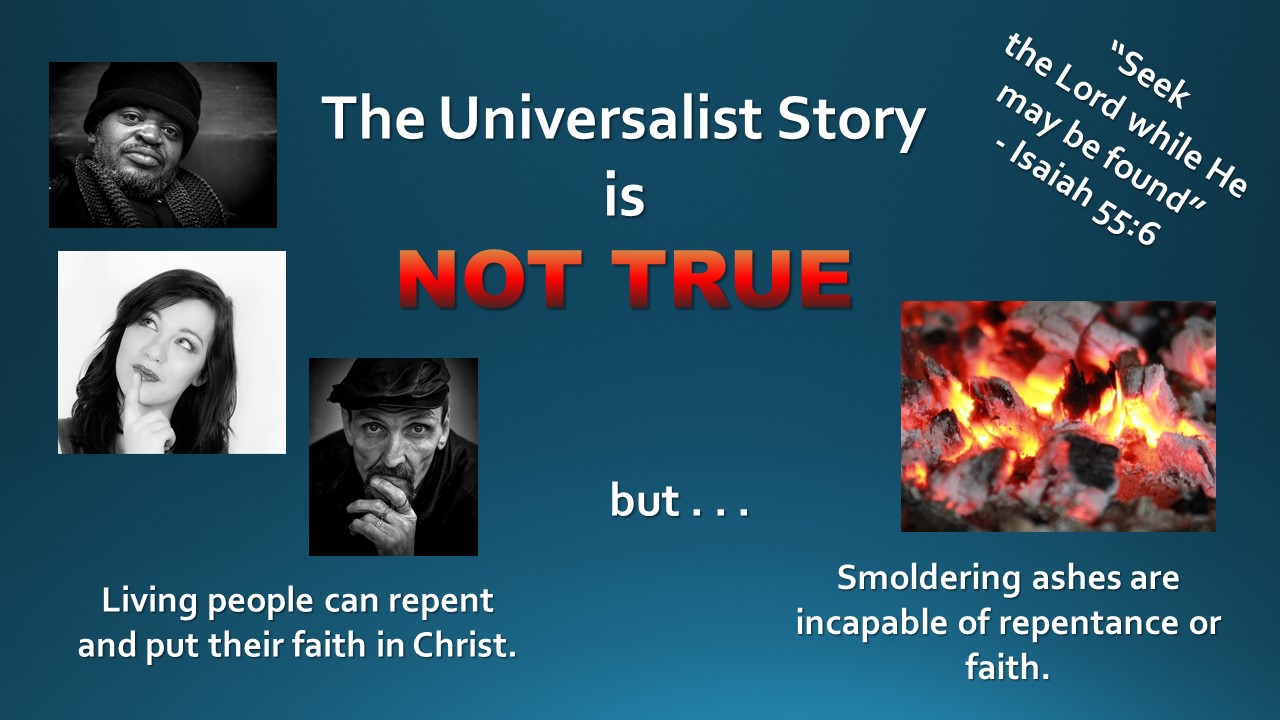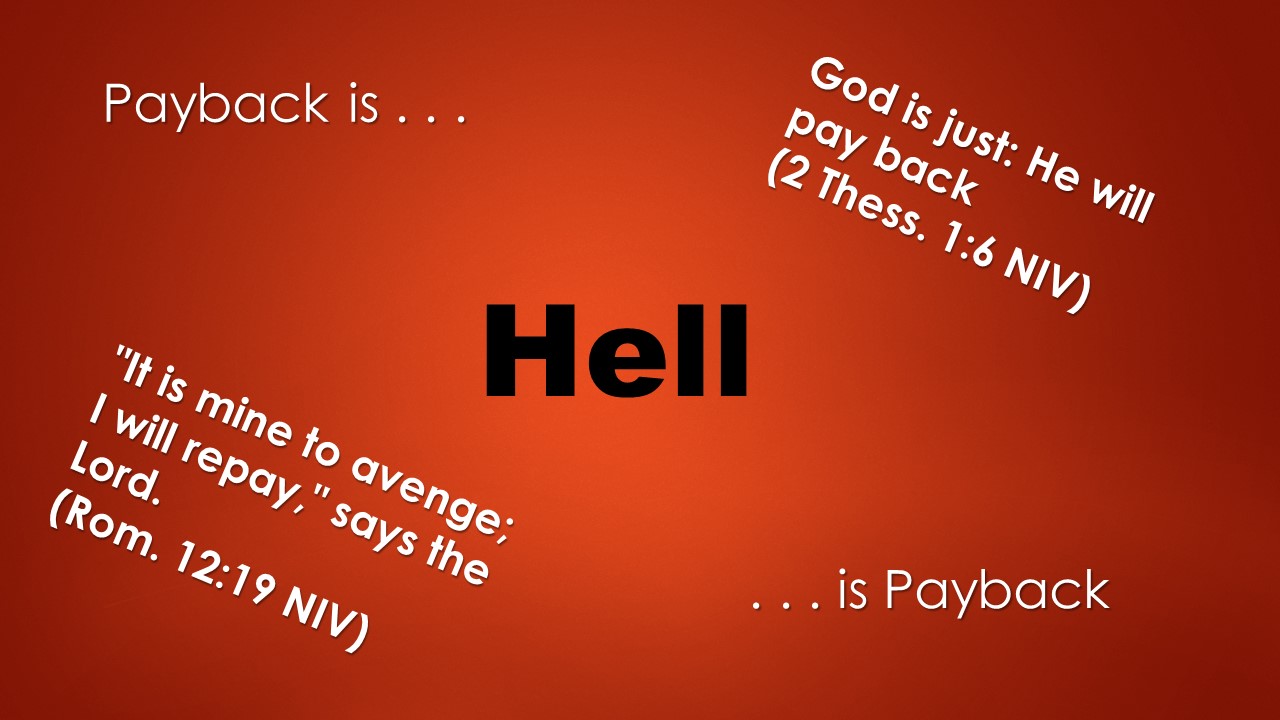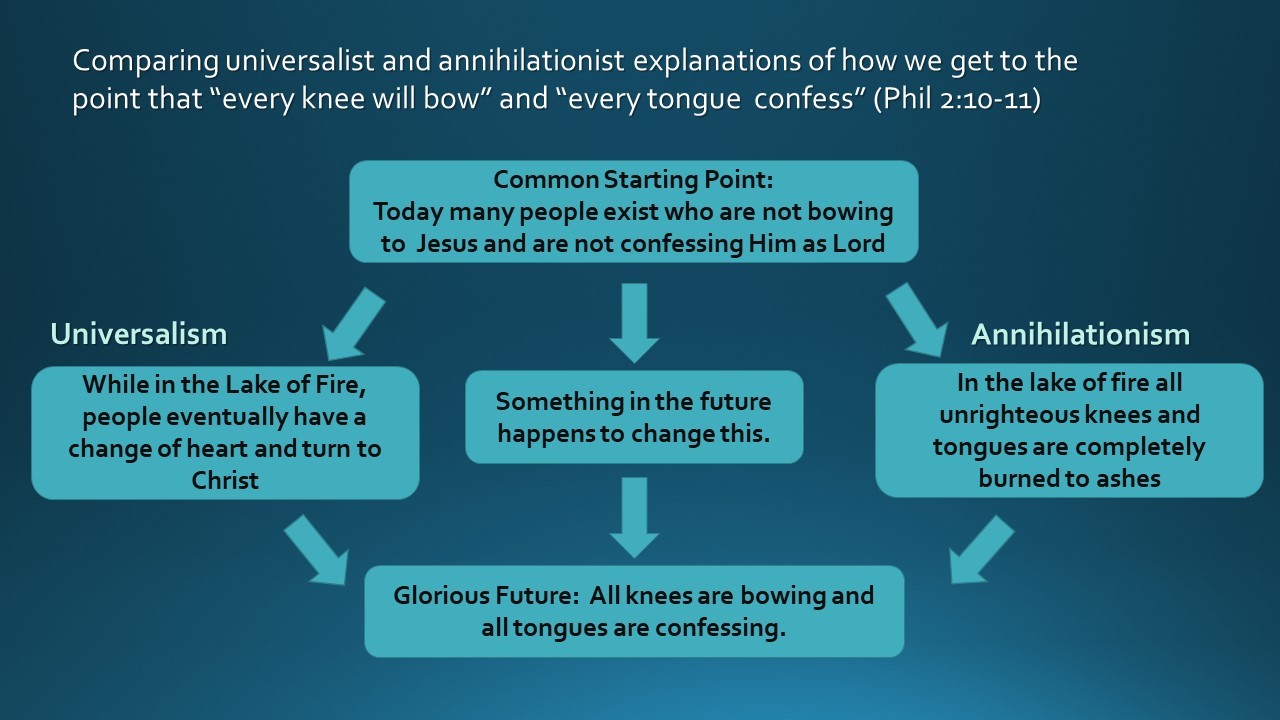In the Psalms, as well as in some prophetic passages, we sometimes see a mix of messages about an immediate situation with messages related to something much bigger in the future.
Psalm 22 is a good example. Parts of the Psalm may indeed be describing David's own anguish and painful experiences. But these give way to a deeper, bigger prophecy about the crucifixion of Christ.
We see this type of thing also in Isaiah 7, where a prophecy about a child being born is indeed about something that happens in Isaiah's day, but it is also about something, Someone, much greater.
I believe that while the promises and prophecies of Psalm 37 may have had some level of fulfillment in David's day, other parts of it go well beyond this and look towards the final fates of both the righteous and unrighteous. Here are some reasons I think this:
1. The major theme of the whole Psalm is that even though evil people do sometimes prosper and succeed now, a time is coming when this will no longer be the case. The righteous will be rewarded and the unrighteous destroyed. But this promise happens only in a VERY limited way here on earth. It's complete fulfillment awaits the coming age.
2. Some of the language about the righteous specifically mentions rewards which last "forever":
NIV Psalm 37:18 The blameless spend their days under the LORD's care, and their inheritance will endure
forever.
NIV Psalm 37:27 Turn from evil and do good; then you will dwell in the land
forever.
NIV Psalm 37:29 The righteous will inherit the land and dwell in it
forever.
To me, it seems more likely that the eternal fate of the righteous is being compared to the eternal fate of the unrighteous than that the eternal fate of the righteous is being compared to the earthly, temporary fate of the unrighteous. This is especially true because the two fates are discussed together and contrasted with each other repeatedly.
3. Sure, it is true that wicked people eventually die in this life. But so do righteous people! The Psalm is contrasting the righteous who will dwell in the land forever with the fate of the wicked.
The wicked will wither and die away like grass (
Psalm 37:2), be destroyed (
Psalm 37:9), “be no more” (
Psalm 37:10) so that even if you go looking for them you cannot find them, will perish (
Psalm 37:20), will go up in smoke like grass consumed in a fire (
Psalm 37:20), will be “completely destroyed” (
Psalm 37:28), will pass away and be no more (
Psalm 37:36), and will have no future (
Psalm 37:38). That sure sounds like annihilation!
4. The following verse seems to fit a final future fate much better than a temporal one:
NIV Psalm 37:38 But all sinners will be destroyed; there will be no future for the wicked.
When are
all sinners destroyed? Certainly at no point in David's lifetime. And at what point can it be said that the wicked no longer have a future. There are a lot of wicked people around today who still have a future and this will be the case until the final judgment.
So I am not denying that some of the promises of judgment are partly fulfilled here on earth. However, I do believe that this Psalm (and others) look beyond this age to what God will do at the final judgment in the age to come.
This interpretation relies on the translations of the synonyms OLAM and AD as "forever" even though lexicons & usage shows they are often used of finite duration.
You yourself, Mark, say Psalm 37's "complete fulfillment awaits the coming age." I have no problem with that, seeing as there is more than one coming age (Eph.1:21; 2:7; Rev.11:15, etc).
The righteous in this life will be blessed in that "coming age" whereas the unrighteous will not. Ultimately, though, the unrighteous will also be blessed (1 Cor.15:22, 28, etc).
The wicked will perish & be destroyed, yet God "turnest man to destruction; and sayest, Return, ye children of men" (Psa. 90:3).
"When your judgments come upon the earth, the people of the world learn righteousness." (Isa.26:9)
In Psa.37:10 & 36 the words "no more" do not occur in the Hebrew, but just "not" as in not found on the earth in this life, according to the context & similar passages.
In Psa.37:28 the "completely destroyed" of your NIV is an anomaly, as no other version i've seen among dozens says that.
In Psa.37:38 the word for "future" is Strongs 319, acharith, ..end...latter part...of a man's life...outcome... "a future, i.e. a happy close of life, suggesting sometimes the idea of a posterity"..."issue of a course of action". There is no requirement to interpret that as referring to anything beyond the man's earthly life, or a coming age, as opposed to final destiny. The word OLAM in the passage could refer to the present age the Psalmist was living in or a future age such as the millennium.
Ps 66:3,4 Enemies will submit to God.........................Can any stay rebellious in "hell?"
Ps 90:3 God turns man to destruction, then says return.....How can one return from "destruction?"
Ps 33:15 God fashions all hearts..........................."All" hearts, including men like "Hitler?"
Ps 86:9 All nations will worship Him......................."All" nations!
Ps 138:4 All kings will praise God..........................Are you catching on?
Ps 65:2-4 All flesh will come to God.........................That sounds wondrous.
Ps 72:18 God only does wondrous things......................I wish we would believe that.
Ps 22:27 All ends of the earth will turn to Him.............For what purpose?
Ps 22:27 All families will worship before Him...............Praise His name!
Ps 145:9 He is good to all..................................Including your worst enemies.
Ps 145:9 His mercies are over all his works.................Let's start believing that.
Ps 145:14 He raises all who fall.............................Who hasn't fallen in sin?
Ps 145:10 All His works will praise Him........................For "eternal torment?"
Ps 135:6 God does what pleases Him..........................If it pleases Him to save all that He might be in all, are you upset?
Psalm 72
11Yea, all kings shall fall down before him: all nations shall serve him.
12For he shall deliver the needy when he crieth; the poor also, and him that hath no helper.
13He shall spare the poor and needy, and shall save the souls of the needy.
14He shall redeem their soul from deceit and violence: and precious shall their blood be in his sight.
Psalm 86
9All nations whom thou hast made shall come and worship before thee, O Lord; and shall glorify thy name.
10For thou art great, and doest wondrous things: thou art God alone.
13For great is thy mercy toward me: and thou hast delivered my soul from the lowest hell.
Psalm 33
8Let all the earth fear the LORD: let all the inhabitants of the world stand in awe of him.
Psalm 90
2Before the mountains were brought forth, or ever thou hadst formed the earth and the world, even from everlasting to everlasting, thou art God.
3Thou turnest man to destruction; and sayest, Return, ye children of men.
4For a thousand years in thy sight are but as yesterday when it is past, and as a watch in the night.
Psalm 66
Make a joyful noise unto God, all ye lands:
2Sing forth the honour of his name: make his praise glorious.
3Say unto God, How terrible art thou in thy works! through the greatness of thy power shall thine enemies submit themselves unto thee.
4All the earth shall worship thee, and shall sing unto thee; they shall sing to thy name. Selah.
http://www.tentmaker.org/articles/unique_proof_for_universalism.html
Universalism – The Truth Shall Make You Free
Eternity in the Bible by Gerry Beauchemin – Hope Beyond Hell



